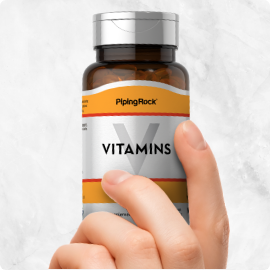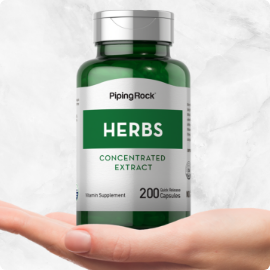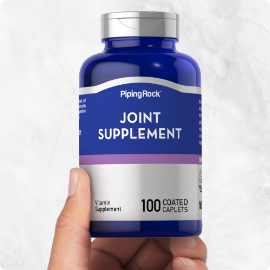There are so many options when it comes to selecting Fats and Cooking Oils for your culinary creations. Different Oils are derived from unique sources that offer their own nutritional profile.
Traditionally, the most common Cooking Oils to have in your cabinet were Olive Oil, Canola Oil and Vegetable Oil. However, there are now countless options. Nutritionists have gathered vast insight into oil properties and how they are optimally used for cooking.
Cooking Oils and Heat
An Oil may be nutritious in its natural state. Though, when it’s subjected to high heat, this may impact its composition and nutritional value. This is all based on its “stability factor.” Every Cooking Oil has its own stability factor. Stable Oils will not oxidize or change under high heat. Saturated and Monosaturated Fats are the most resistant to high temperatures. On the other hand, Polyunsaturated Fats aren’t so resistant.
Below is a list of Oils you want to avoid when cooking:
Soybean Oil
Corn Oil
Cottonseed Oil
Rice bran Oil
Safflower Oil
Fish Oil
Canola Oil
Best Nutritious Oils to Cook
When it comes to cooking at high heat, Coconut is a clear winner. Many of the fatty acids in it are saturated, which make it completely stable. It’s also rich in nutrients and adds a tropical zest to any recipe!
Red Palm Oil:
Palm Oil is derived from the fruit of Oil Palms. It’s made up of predominantly Saturated and Monosaturated Fats which are great for cooking. Red Palm Oil (unrefined) is the best type. It contains an abundance of nutrients like Vitamin E and CoQ10.
Olive Oil:
Olive Oil is a staple to the Mediterranean Diet and is often enjoyed in Greek and Italian Dishes. It’s also made predominantly of Monounsaturated Fat.
It seems like this amazing Superfood appears in everything! It’s also great for cooking. Avocado Oil is used interchangeably with Olive Oil with similar properties.
Alternative Uses for Cooking Oil
There are a host of other Oils that add robust flavor and texture to your meals. These Oils are just not meant to endure high heats. Yet, they are great for seasonings, marinades, yogurt or oatmeal. A few dynamic oils we suggest are:
MCT Oil:
MCT Oil is a staple to the widely growing Ketogenic Diet. Medium Chain Triglycerides are beneficial fats sourced from Palm and Coconut Oil. Add MCT to your coffee or tea for a rich & creamy texture!
Pumpkin Seed Oil:
Organic Extra Virgin Pumpkin Seed Oil is the next best Plant-Based Omega since Hemp. It’s particularly rich in polyunsaturated fats. These fats aren’t ideal for cooking but are particularly rich in Omega EFA’s and other nutrients.
Hemp Seed Oil:
Hemp Seed Oil is one of nature’s most prized delicacies. It’s a dynamic source of Omega-3 ALA, Omega-6 GLA, Omega-9, and Amino Acids. Love Hemp Flavor? Add it to your Marinade, Smoothies or other low-temperature recipes.
Macadamia Nut Oil:
Looking to go Nutty? Macadamia Nut Oil is an Australian delight. It’s revered for its savory flavor that is often utilized in Asian cuisine. Plus, it’s packed with Omega nutrients.
Additional Tips for Cooking with Oil:
- Oil begins to spoil when cooked past smoke point. Make sure you check your labels for directions on temperature.
- If Oil begins to smoke or catch fire it has spoiled. Discard of the oil and replace with fresh oil.
- If an Oil smells bad don’t use it. This means it has gone rancid. Rancid Oils could upset your stomach and no longer have nutritional value.
- Store properly. Oil should be kept in a dark and cool place and bottled securely for peak freshness.
PipingRock Empowering Your Health Journey





